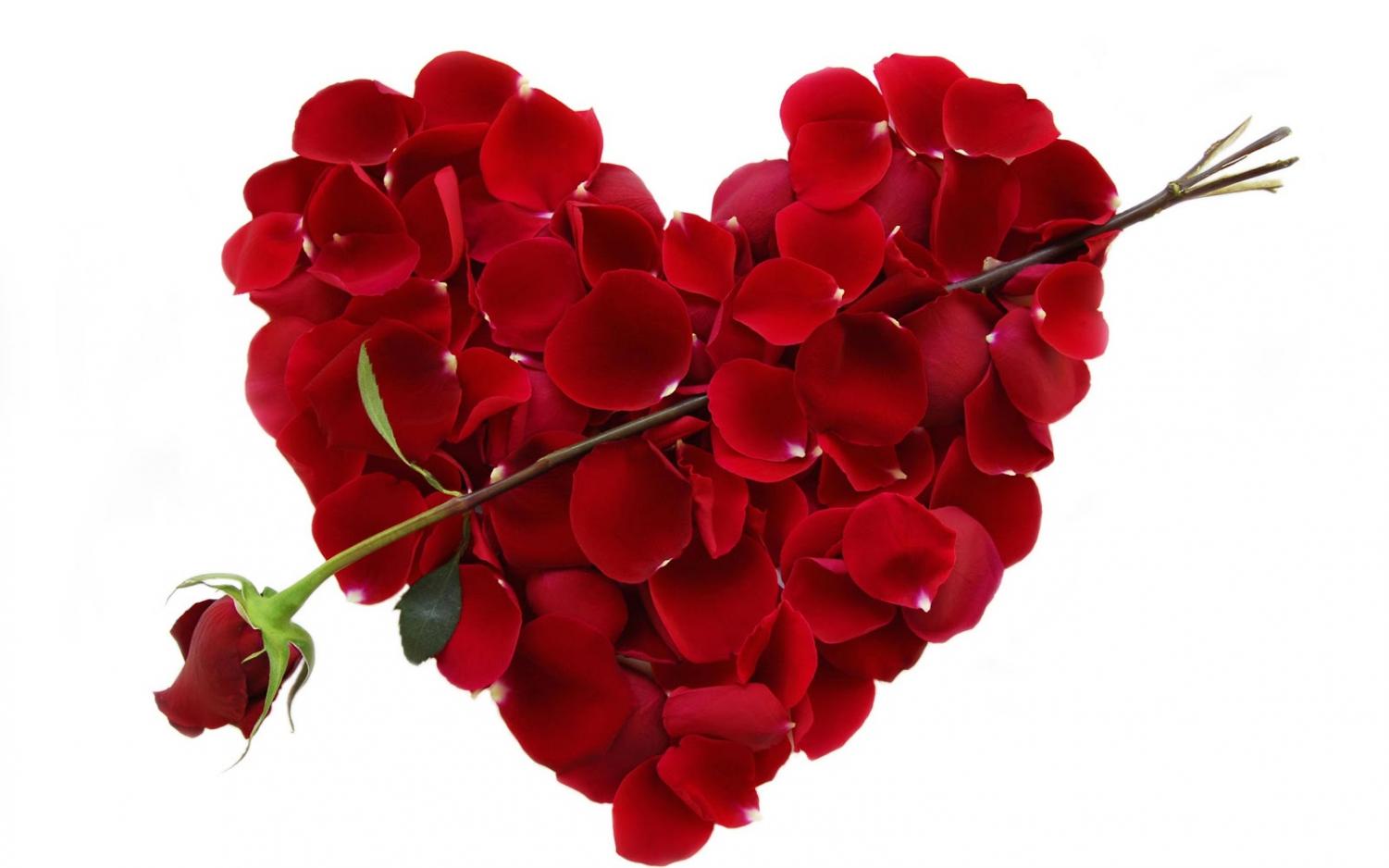There are two sides to every coin—unless you are one of those cheap-trick magicians who fuse the same side of two coins together. Of course, the imagery does not always apply to a coin. For Dr. Seuss, the battle was between butter-side up and butter-side down. For Batman in Christopher Nolan’s “Batman Begins,” the choice was whether to save Ra’s al Ghul or allow him to die. For Yoda, it is either “do” or “do not.” And perhaps Yoda’s saying is most relevant on St. Valentine’s Day—do or do not.
But Valentine’s Day is a bit more than celebrating either your relationship or “singles awareness day.” It can be, and is for most, a time to confront the challenges of your past—of emotional and relational baggage. And for those who are of this “third way”—caught between two sides of a coin, or, as Luke Skywalker mentions, caught up in “trying”—I offer three important considerations: learn to forgive your ex, learn how to love again and know where love will lead.
LEARNING TO FORGIVE YOUR EX
We often speak of “skeletons in the closet,” a term which means scary or ugly things we attempt to keep out of the living room of our lives. For what it is worth, a relationship that lasts always involves digging through the closet. However, what we do not speak of, and are almost ashamed to acknowledge, is the elephant in the room—past relationships.
C.S. Lewis, in his book “The Four Loves,” speaks of forgiveness in this way:
“We forgive, we mortify our resentment; a week later some chain of thought carries us back to the original offence and we discover the old resentment blazing away as if nothing had been done about it at all. We need to forgive our brother seventy times seven not only for 490 offences but for one offence.”
Forgiveness, like many relationships, is not a “one and done.” Though the past will always remain, its presence is not a sign that you have not “moved on.” Forgiveness, just like sin, is part and parcel of the human condition. And as sin continually enters the picture, so must forgiveness.
KNOWING HOW TO LOVE AGAIN
“Playing it safe” is almost entirely antithetical to the human condition, especially concerning love. The mere notion reminds me of an off-hand parable I once heard of a sailor who cannot become a good sailor because his ship never left the harbor. In the same way, the human heart does not love well by never loving at all. Again, Lewis writes,
“There is no safe investment. To love at all is to be vulnerable. Love anything and your heart will be wrung and possibly broken. If you want to make sure of keeping it intact you must give it to no one, not even an animal. Wrap it carefully round with hobbies and little luxuries; avoid all entanglements. Lock it up safe in the casket or coffin of your selfishness. But in that casket, safe, dark, motionless, airless, it will change. It will not be broken; it will become unbreakable, impenetrable, irredeemable. To love is to be vulnerable.”
There is a subtle difference between loving well and not loving at all. The distinction falls on how we respond to pain in our vulnerability. Emotional and relational baggage are essentially pain from vulnerability. The temptation is to mitigate the pain by mitigating vulnerability. The consequence by doing so, though, is that we mitigate love. By not being vulnerable, we shed love of all its virtue and reduce it to a passing nicety, a kind act or considerate thought.
KNOWING WHERE LOVE WILL LEAD
It is always helpful to know where you are going. When we consider “love” or “broken love” or “failed love” or “questions of love,” being vulnerable only points to something else—a love which possesses no fear, no disappointment, no aggravation or no frustration. Lewis writes,
“When we see the face of God we shall know that we have always known it. He has been a party to, has made, sustained and moved moment by moment within, all our earthly experiences of innocent love.”
This is a beneficial reminder to know that our love for God will never be satisfied by our love for anyone else. At best, captured almost as a reflection through a murky pond, the love in our relationship will only be the first fruits of the love we will experience in the moment we come face to face with the God.








